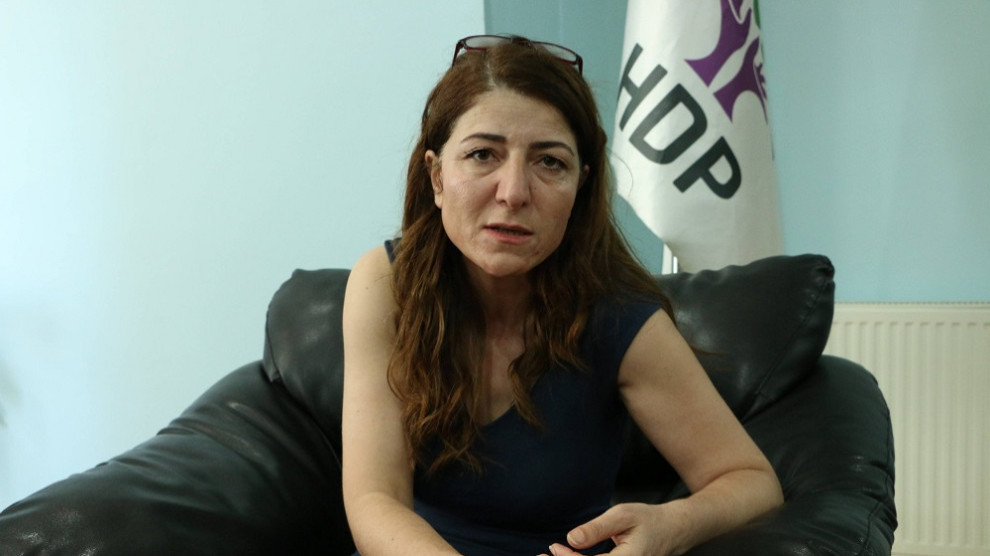'Those carrying out torture feel they are protected by the state'
Despite the promise of 'zero tolerance' for torture made by the AKP government, the cases of torture in custody and prisons are increasing day by day.
Despite the promise of 'zero tolerance' for torture made by the AKP government, the cases of torture in custody and prisons are increasing day by day.

During the nearly three years period of State of Emergency, the number of torture in detention and prisons has increased rapidly. In fact the State of Emergency made torture almost normal.
According to the 2018 annual report of the Human Rights Association (IHD), there were a total of 4513 torture cases recorded only by law enforcement officers. Most of those cases ocurred in custody, prison, unspecified areas and actions.
In the first half of 2019, the number of tortures, especially in prisons and in custody, is quite high. Because during the hunger strikes launched by Kurdish prisoners, which lasted 200 days, torture was explained to the public as being rights violations.
Recently detained HDP Youth Assembly members said that they were subjected to torture during their 8-day detention. In particular, the young people denounced torture practices such as reverted handcuffs and assault torture, as well as no report written by doctors.
ANF talked to HDP Istanbul deputy Züleyha Gülüm, who asked the Minister of Justice about the internal body examination imposed on Esin Kavruk, who was recently detained in Bakırköy Women's Closed Prison, about how the torture became systematic and eventually not persecuted. Gülüm said that the main reason for the closure of the judiciary in cases of torture is the ‘lack of evidences’.
Gülüm, who is also a lawyer, stated that torture started when one is detained, especially with the use of reverse handcuffs, assaulting people in vehicles and throwing pepper gas into the detention vehicle.
On the other hand, Gülüm said that many detainees are strip searched while being taken to a doctor or a courthouse. "There are very few cases where the law requires reverse handcuffs. This is now used as a method of torture. Either you have to look at the ground all the time, or you will not raise your head. Insult are also included in this torture, which is the most common because it leaves no trace. This falls into what we call psychological torture. Not meeting the needs of detainees, not taking them to the toilet, not giving water and sugar during a hunger strike… Finally, as in the case of the detention of HDP youth council members, since the young people objected to the reverse handcuffs, they were taken to a room where there was no camera, and there were physically tortured.
Those young people were almost unable to walk. These are the most common experiences, but there is the abduction without being taken into custody, forcing people to tell things and so on."
Züleyha Gülüm stressed that the biggest obstacle to the punishment of torture is the lack of medical examination reports. Often then doctors should be able to examine prisoners alone, in order for the prisoner to tell what he or she has suffered during custody, but this does not happen.
"On the other hand, - said Gülüm - you are filing a criminal complaint for torture, but there is no effective investigation. Sometimes evidence is required after months, but most evidence is missing. But even if it is detected, punishment is not given. In particular, in the case of ill-treatment in custody proceedings, the assessment of the prosecutor or the tribunal the violence used is considered proportional in custody and acquittal or no investigation are the most common outcomes."
Gülüm said that deputies asked questions to ministries but are met with the same "silence. They look at things with a denial attitude. In any case, these people would not commit these crimes if they were not under the protection of the government. They wouldn't if they knew they'd be punished. They know that people cannot be punished for ill-treatment in a country where people are killed and not punished."